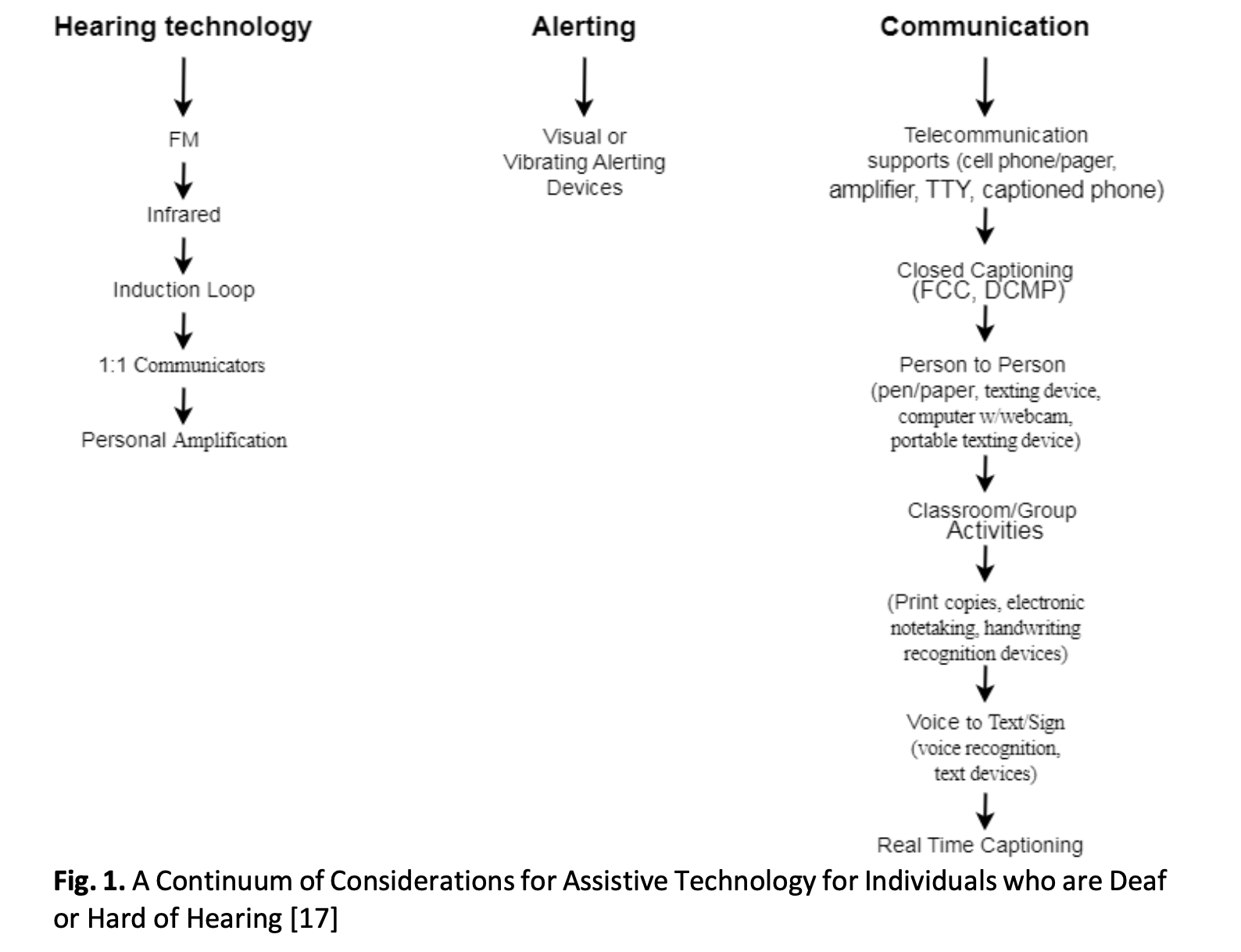A Study of Attitudes, Skills, and Barriers Among the Special Education Hearing Impairment Teachers in the Use of Assistive Technology in Teaching
DOI:
https://doi.org/10.37934/araset.34.3.121128Keywords:
Attitudes, skills, barriers, Special Education Hearing Impairment (SEHI) teachers, Assistive Technology (AT)Abstract
In the context of special education, most of the special education hearing impairment (SEHI) teachers understand that the use of assistive technology (AT) is a necessity in teaching and providing opportunities for SEHI students to control and improve their learning. However, the question of the acceptance of SEHI teachers use of AT in teaching is not much discussed. The objective of this study is to examine the attitudes, skills, and barriers of SEHI teachers to the use of AT in teaching. This study was conducted in special education secondary schools (SESS) in Selangor, Penang, Pahang, and Kedah. The sampling used was a purposive sampling of four respondents, consisting of two male teachers and two female teachers. The design of this study uses qualitative approaches, and interviews are the methods used as research instruments. The result of the study was an analysis of content (content analysis) by presenting the exact sentence of the respondent. The findings show the SEHI teachers have moderate attitudes and moderate skills towards the use of assistive technology in teaching, while the lack of cost, infrastructure, and resources for assistive technology is a barrier to the use of assistive technology in SESS. Discussions on the findings and recommendations to stakeholders have been raised to enhance the application of the assistive technology elements in the teaching of SEHI teachers in Malaysia.
Downloads





























